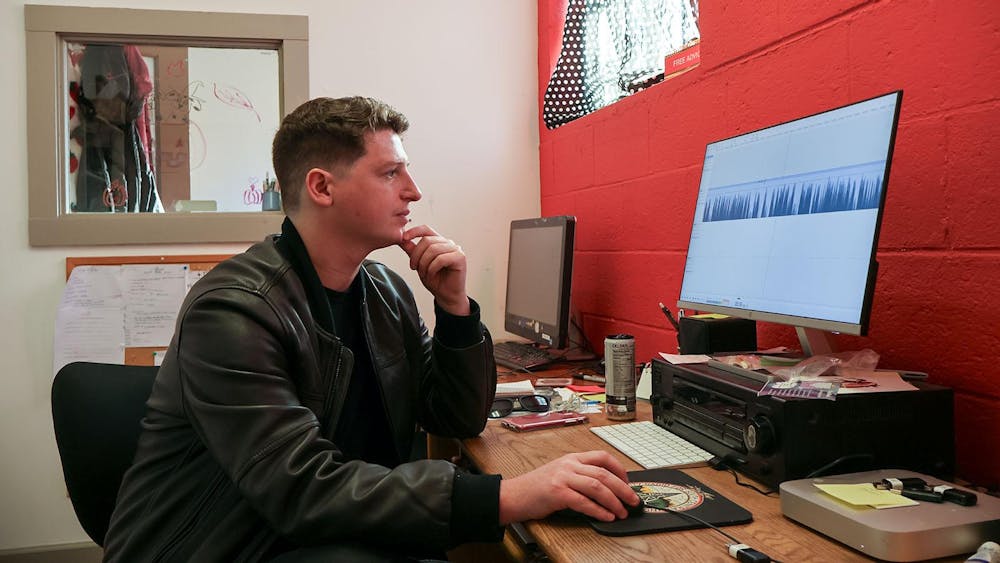This is just one of the many songs the IU Arabic Music Club learns. The club, which started this semester, allows students to explore the Arabic culture and have fun while doing it, said Noor Abo Mokh, an assistant instructor in the Arabic ?program at IU.
“What we do mainly is sing songs in different Arabic dialects, and we try also to tell the things behind the songs, the meanings and why we have this song,” Abo Mokh said.
This is the first time at IU that a program like this is available for students enrolled in Arabic programs and those who are interested in learning about the ?culture.
Nader Morkus, an assistant professor in the Department of Near Eastern Languages and Cultures, brought the idea here after having a similar club at another university.
There are around four or five instructors who are consistently involved in the club.
“For students, they get to enjoy Arabic,” Abo Mokh said. “There’s no homework. They get to enjoy music. They get exposed to culture.”
She said the students involved are exposed to cultural material not shown in classes, because the classes are focused on learning the language.
“We’re the pioneers to become better,” said Lamia Djeldjel, assistant instructor in the Arabic program. “It’s new, it’s fresh.”
At the beginning of each meeting, club members learn a new song brought from one of the instructors’ home counties, such as Palestine or Algeria. The course then shifts to learning a dance, such as dabke, a Palestinian step dance.
“You get a lot more exposure to the culture this way,” Arabic language student Rose Gholson said. “You get to have a feel of different cultures. Having fun with people in different cultures breaks down a lot of barriers you normally wouldn’t get to experience.”
Abo Mokh said she agreed with Gholson.
“They get exposed to the other side of the culture,” she said. “This is another framework to enjoy Arabic.”
They are also encouraging people who are not necessarily a part of the Arabic language program but are interested in Arabic to ?attend the meetings.
“We’re trying to get more people in the club, and we want to involve Felfel (an Arabic band),” she said. “We’re also buying the ?musical instruments.”
One example of these instruments is the “def,” a ?tambourine.
Djeldjel explained how it’s possible for her to tell where the different dances and songs are from based on the moves and the dialects. The moves in the dabke dance vary and even the drumming differs from country to country because the Arab world is so diverse.
“You just hear things in the news, and so I think that it has the potential to create relationships with people you normally wouldn’t,” Gholson said.





